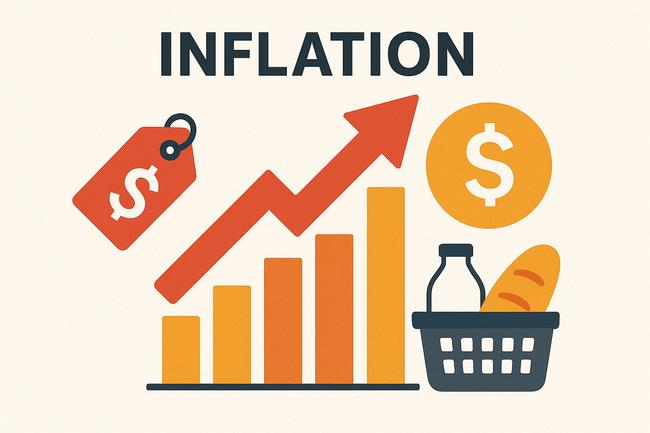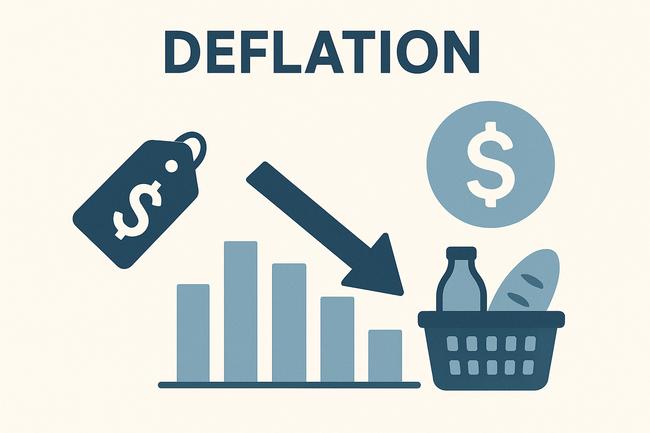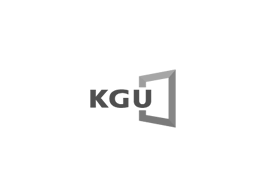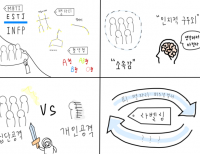When we eat out or shop, we may have looked at the price of goods and thought, “Why has it become so expensive?” or “Why hasn’t the price gone up these days?” Also, when you compare the current price of goods with their price of a few years ago, you may have thought that the price difference was bigger than you expected, or not as significant as you expected. This is related to the price of goods, which rise and fall, but it is important to have an economic balance. In other words, inflation and deflation must be balanced appropriately to grow the economy and induce consumer consumption. Therefore, in this section, Pharos is going to inform you about what inflation and deflation are, including their advantages and disadvantages and their impact on us.
‘What is inflation?’ ‘Inflation’ means an increase in overall prices as the value of money falls, which has many advantages and disadvantages. Some of the advantages of inflation are promoting economic growth and increasing the value of assets. This is because when inflation occurs, the value of money falls and prices rise, so consumers try to buy something immediately before prices increase further, and companies also try to invest promptly. Additionally, people prefer real assets like property and gold to money because when prices rise, real assets tend to retain value better than cash.

On the other hand, what are the disadvantages of inflation? The disadvantages of inflation are a decrease in real income and an increase in economic uncertainty. This is because when inflation persists, incomes fail to keep up with rising prices, which causes consumers to experience a decrease in real income and tend to limit their spending to essential purchases. Also, rising production costs make it harder for companies to invest.
‘What is deflation?’ ‘Deflation’ means a decrease in overall prices, which is the opposite of inflation. Like inflation, deflation also has many advantages and disadvantages, and among the advantages are an increase in the real value of savings and falling prices from the consumer’s perspective. The reason for these advantages is that when deflation occurs, consumers try to save money in anticipation of falling prices. Additionally, since the prices of goods decrease, consumers can buy more with the same amount of money.

In contrast, deflation has disadvantages such as reduced investment and decreased employment. When deflation occurs, consumers expect a price drop and reduce their spending. Then, as consumer spending decreases, companies reduce their production and investment. Therefore, these are the disadvantages of deflation.
Then, which phenomenon has a worse impact on us— inflation or deflation? From the perspective of general consumers, inflation may feel worse. However, from an overall economic standpoint, deflation is more dangerous. The reasons can be summarized into four main points. First, consumption and investment shrink. The expectation that prices will continue to fall causes both consumers and businesses to delay spending, which deepens the economic recession. Second, corporate profits deteriorate. Falling product prices lead to decreased sales, which can result in layoffs and bankruptcies. Third, the real burden of debt increases. When prices fall, the value of money rises, and the real value of money borrowed in the past becomes heavier. Fourth, unemployment increases. The reasons explained above ultimately lead to reduced employment and higher unemployment rates. On the other hand, if inflation is kept at a certain level (around 2% per year), it can actually benefit the economy. The expectation that prices will rise stimulates consumption and investment, and the decline in the value of money helps reduce the burden of debt. Most importantly, inflation gives central banks the room to adjust interest rates and implement monetary policies to manage the economy.
Deflation is a dangerous economic phenomenon that can paralyze overall economic activity, which is why governments and central banks respond more aggressively to it. However, policy responses alone are not enough. Individuals must also understand economic trends and adapt accordingly.
During inflationary periods, reducing unnecessary consumption, reviewing one’s budget, and preserving asset value are important strategies. In contrast, when deflation is a concern, it’s essential not to become overly hesitant to spend and instead focus on productive and future-oriented investments.
Above all, continuously paying attention to the economy and adjusting one’s financial and lifestyle plans with flexibility enables people to respond wisely to uncertainty and protect their economic well-being.
Planning & Marketing Editor • LEE CHAE EUN • leechaeeun0318@naver.com
84th Cub Reporter • LIM JI HA • 49andcl@naver.com
 Freedom Given to Youth: An Opportunity for Choice or a Burden of Constraint?
“Are we truly free today?” Classical literature is far more than time-honored stories. It offers profound insights into human nature and society that transcend time, remaining a valuable resource for examining the challenges our world faces today. This article will draw on George Orwell’s 1984 and Charles Dickens’ Oliver Twist to explore the contemporary issues of youth housing and the emergence of a surveillance society ...
Freedom Given to Youth: An Opportunity for Choice or a Burden of Constraint?
“Are we truly free today?” Classical literature is far more than time-honored stories. It offers profound insights into human nature and society that transcend time, remaining a valuable resource for examining the challenges our world faces today. This article will draw on George Orwell’s 1984 and Charles Dickens’ Oliver Twist to explore the contemporary issues of youth housing and the emergence of a surveillance society ...

 [단신] 산악회, 본교 동문의 버팀목이 될 수 있도록
[단신] 산악회, 본교 동문의 버팀목이 될 수 있도록
 [사회메인] 노인 인구 1,000만 시대, 준비 없는 사회가 불안해
[사회메인] 노인 인구 1,000만 시대, 준비 없는 사회가 불안해
 [네컷만화] 라벨링 문화
[네컷만화] 라벨링 문화
 [진리터] 결국 우리 모두 돌아볼 것이니
[진리터] 결국 우리 모두 돌아볼 것이니

 목록
목록












